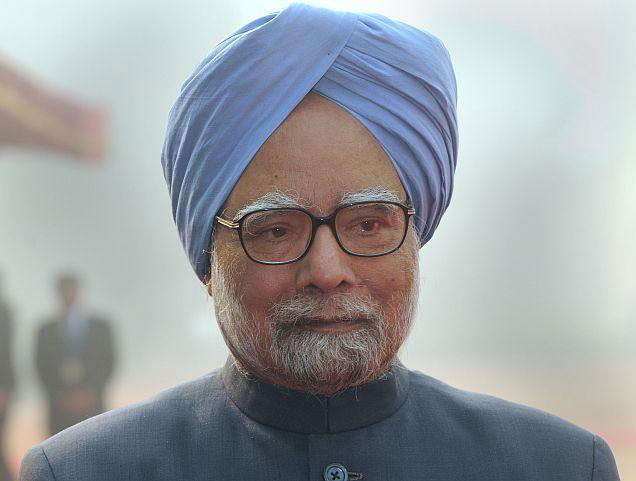 New Delhi, August 29: Prime Minister Manmohan Singh on Thursday told the Rajya Sabha that the country was facing a difficult economic situation and had to reckon with several uncertainties created by global factors such as tension in Syria, which impact oil prices.
New Delhi, August 29: Prime Minister Manmohan Singh on Thursday told the Rajya Sabha that the country was facing a difficult economic situation and had to reckon with several uncertainties created by global factors such as tension in Syria, which impact oil prices.
Both Houses of Parliament witnessed adjournments, with the Opposition seeking an immediate statement from Dr. Singh on the steep decline in the rupee’s value.
In the Lok Sabha, there were at least three adjournments in the morning before Dr. Singh informed the House post-lunch that he would make a detailed statement on the issue on Friday.
In the Upper House, responding to Leader of the Opposition Arun Jaitley, he said, “It cannot be denied that the country is faced with a difficult economic situation. There are several causes. I do not deny that there are some domestic factors. But there are also international factors arising out of the changes in the U.S. monetary stance. There are also problems created due to tensions that are on the horizon in Syria and they have inevitable consequences for oil prices. We have to reckon with all these uncertainties.”
He needed “some time to reflect on what he had to say” and would make a statement in Parliament on Friday, Dr. Singh added.
Earlier when the House met for the day, Mr. Jaitley pointed out that there was “panic” in the country as people did not know where the rupee’s devaluation would stop. “You have all indications of high inflation. Food prices are going up. You have higher crude oil prices in the global market. You have depleting value of the rupee, as a result of which the inflationary pressure is going to be twice over. So, apart from our own domestic inflation, we are going to import inflation into the country.”
Calling Finance Minister P. Chidambaram’s 10-point plan a “discourse in economic theory,” Mr. Jaitley said everyone knew that fiscal deficit and current account deficit had to be cut and exports increased. “With economic growth rate falling and inflation ruling high, the country is headed towards stagflation.”
Mr. Jaitley wondered if the government had made economic prudence subservient to populism. “In a democracy the buck stops with the Prime Minister and the country would like to know from him what he has in mind to revive the economy,” he said.
Sitaram Yechury of the Communist Party of India (Marxist) wanted to know if after 22 years of reforms under Dr. Singh, the country had come back to square one.
Earlier, the Lok Sabha witnessed adjournments with an adamant Opposition seeking an immediate statement from Dr. Singh. They were not ready to accept Parliamentary Affairs Minister Kamal Nath’s assurances that the Prime Minister would make a statement on Friday, and continued their sloganeering. They calmed down when Dr. Singh said, during the post-lunch session, that he would make a statement on Friday.
In the morning, Leader of the Opposition Sushma Swaraj said the rupee’s slide had a bearing on the country’s prestige and dignity, and Mr. Chidambaram, instead of taking steps to correct the situation, was blaming his predecessor (Pranab Mukherjee) for the current imbroglio.
“The government has no commitment to stop the country’s slipping economy. Even the person who has obtained doctorate in economics was unable to control the situation,” she said, in an apparent jibe at Dr. Singh.
Samajwadi Party floor leader Mulayam Singh Yadav blamed the government for not taking appropriate measures to check the crisis.
‘Food Bill to blame’
Saugata Roy (Trinamool Congress), quoting economists, said the recent passage of the Food Bill, which put a huge subsidy burden on the government, was the reason for the rupee’s slide.
M. Thambidurai (AIADMK) said Mr. Chidambaram was encouraging only corporate houses and did not have any plan to help small industries and peasants.
